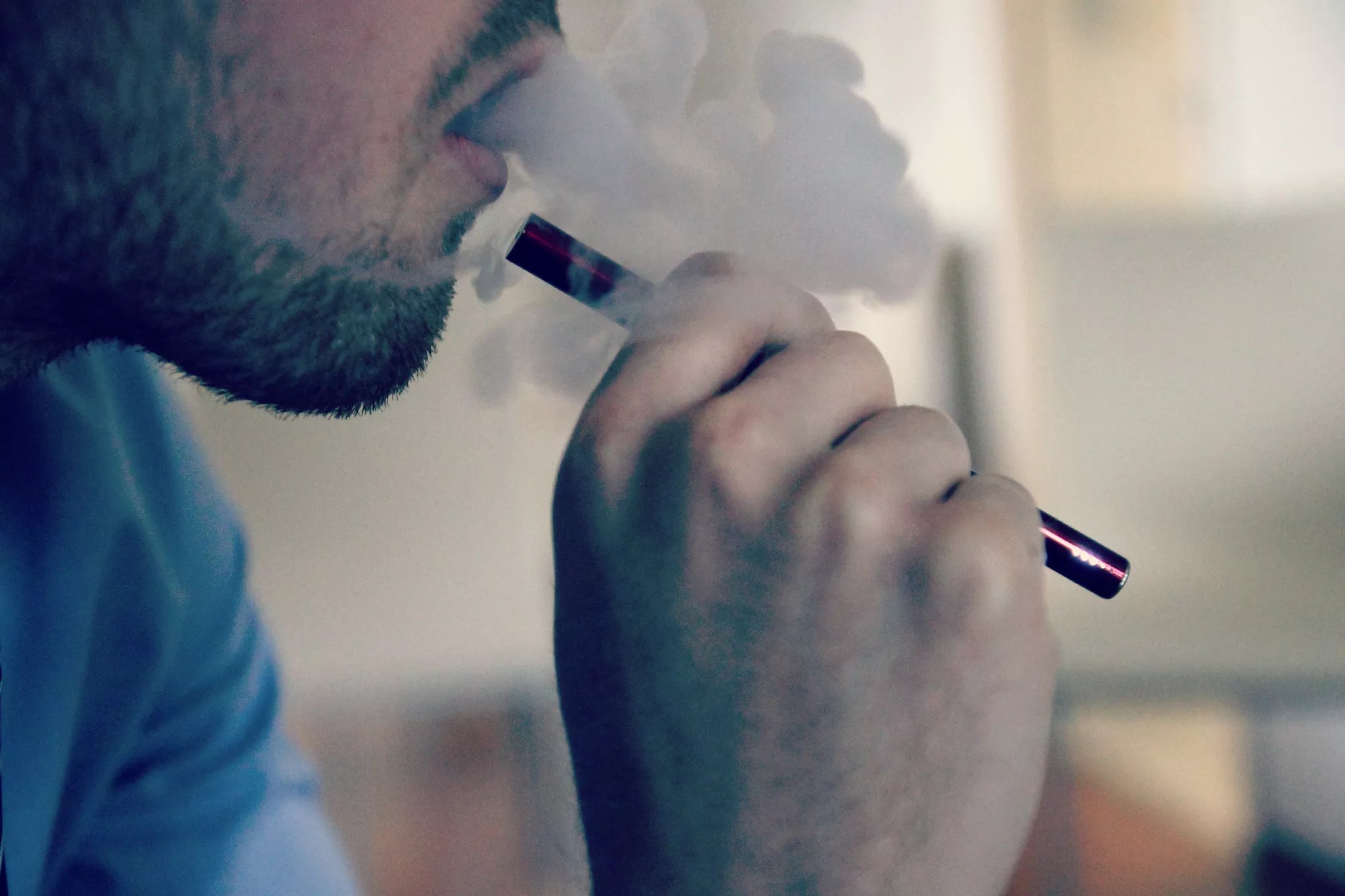

Audio By Carbonatix
As the number of confirmed vaping-related illnesses continues to rise, experts at Rutgers University warn that these problems are likelier to affect marginalized communities, including those living with HIV. Given South Florida’s abysmal record on HIV transmission rates, those who also vape should consider themselves at higher risk of consequence.
As of yesterday, the Centers for Disease Control and Prevention (CDC) has confirmed 805 vaping-related illnesses and 12 deaths in ten states. The number continues to rise, even as medical professionals scramble to find the exact cause of the illnesses. Earlier this week, the Florida Department of Health confirmed its first vaping-related death. The state has also listed 39 vaping-related illnesses as of yesterday.
Public health experts at Rutgers say the new risks related to vaping should be especially concerning to marginalized individuals, who are likelier to vape or use tobacco products due to lifestyle stressors. These groups are also less likely to have access to smoking cessation programs and might be reluctant to seek medical care both preventatively and in the case of a vaping-related emergency.
“Populations that are marginalized and put upon and discarded are very vulnerable to these health issues,” says Perry Halkitis, a professor at Rutgers’ School of Public Health. “And the needs of people of color and the needs of sexual and gender minority populations are not the needs of the general population… because they’re placed in social conditions that engender risky behaviors.”
The CDC has gathered sex and age data on 771 of the patients with vaping-related illnesses, showing that 69 percent are male and nearly two-thirds are between the ages of 18 and 34. About 16 percent are under the age of 18.
Halkitis and Pamela Valera, an assistant professor in the School of Public Health, wager that many of those patients are likely part of communities that have been marginalized due to race, sexual orientation, criminal justice involvement, or other factors that force them to live on the fringes.
Valera has expertise with individuals who have been arrested or are incarcerated, while Halkitis has done research involving the LGBTQ+ and HIV-positive communities. As of 2015, the Florida Department of Health said Miami-Dade County ranked highest in the nation for new HIV infections per 100,000 residents.
Halkitis says alcohol and tobacco companies are known to target marginalized communities through ads for their products by printing coupons in magazines tailored to their demographics or posting more signs in certain cities. In 2016, for example, the Wall Street Journal reported that the cigarette brand Newport handed out coupons at Pride events. The CDC confirms that those who identify as LGBTQ+ are likelier to smoke than heterosexual individuals.
“All of the Pride events at Stonewall were full of alcohol and tobacco advertisements,” says Halkitis, who recently wrote a book about the Stonewall generation, Out in Time.
Valera also warns that as state leaders look to ban certain vaping devices and products, and as states such as Michigan follow New York in outlawing flavored vaping tobacco products, marginalized communities will bear the brunt of the repercussions.
“The solution is not to incarcerate,” Valera says. Instead, she believes organizations running smoking cessation programs and phone lines should be trained to understand the unique complications of quitting smoking for someone who has previously been incarcerated.
In some cases, for instance, incarcerated individuals were made to switch to e-cigarette products designed for jail settings when some facilities began banning traditional cigarettes. The move is one example of the ways in which marginalized communities are more greatly affected by these products, Valera says.
Halkitis agrees the new bans will likely result in further abuse of marginalized populations.
“They’re not going to take upper-middle-class white folks to jail [for smoking flavored e-cigarette products], I assure you that,” he says.